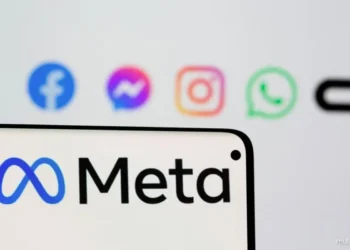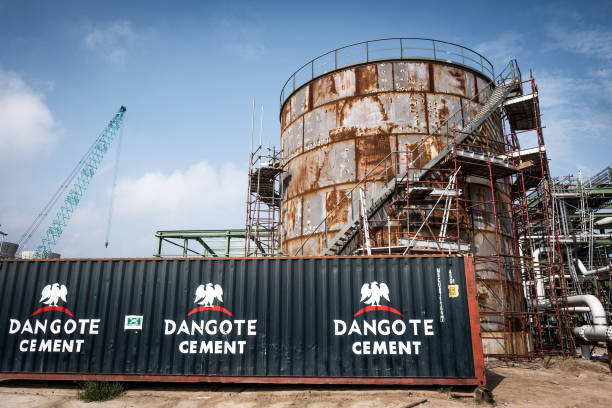Facebook has said it would support media houses with $100 million investment as the pains of Coronavirus pandemic bite harder.
The fund, according to the social media firm, is meant for media firms that the pandemic is affecting their finances, despite the growing views in the first quarter of 2020.
It is expected to be an intervention for news reportage and decline in ad revenues.
The tech giant said the $100 million would be divided into two. “$25 million in emergency grant funding for local news through the Facebook Journalism Project, and $75 million in additional marketing spend to move money over to news organizations around the world.”
Facebook said journalists were being affected financially by the COVID-19 pandemic, so with the COVID-19 Community Network grant program, journalists will continue covering “important stories”.
But the first round of the grant went to 50 local newsrooms in the US and Canada.
How the fund is being utilised: With the Facebook grant, local media houses with paywall (fee) on their Coronavirus-related stories will begin to offer the COVID-19 contents for free in order to spread awareness of the virus.
[READ MORE: Eko DisCo advises customers to pay up, assures constant power supply during lockdown)
Also, reporters of the funded local media will be assisted with financial aid to help them travel and engage in remote work while covering rural areas within states.

“We’re building on this work and will direct a portion of these funds to publishers most in need in the hardest-hit countries,” Facebook said in a post.
The company added that, “This commitment builds upon $300 million we’ve committed already to serving journalists around the world through diverse and inclusive news programs and partnerships, including Report for America, the Pulitzer Center, the Community News Project and the Facebook Journalism Project’s Local News Accelerator training program.
“If people needed more proof that local journalism is a vital public service, they’re getting it now. And while almost all businesses are facing adverse financial effects from this crisis, we recognize we’re in a more privileged position than most, and we want to help.”




















